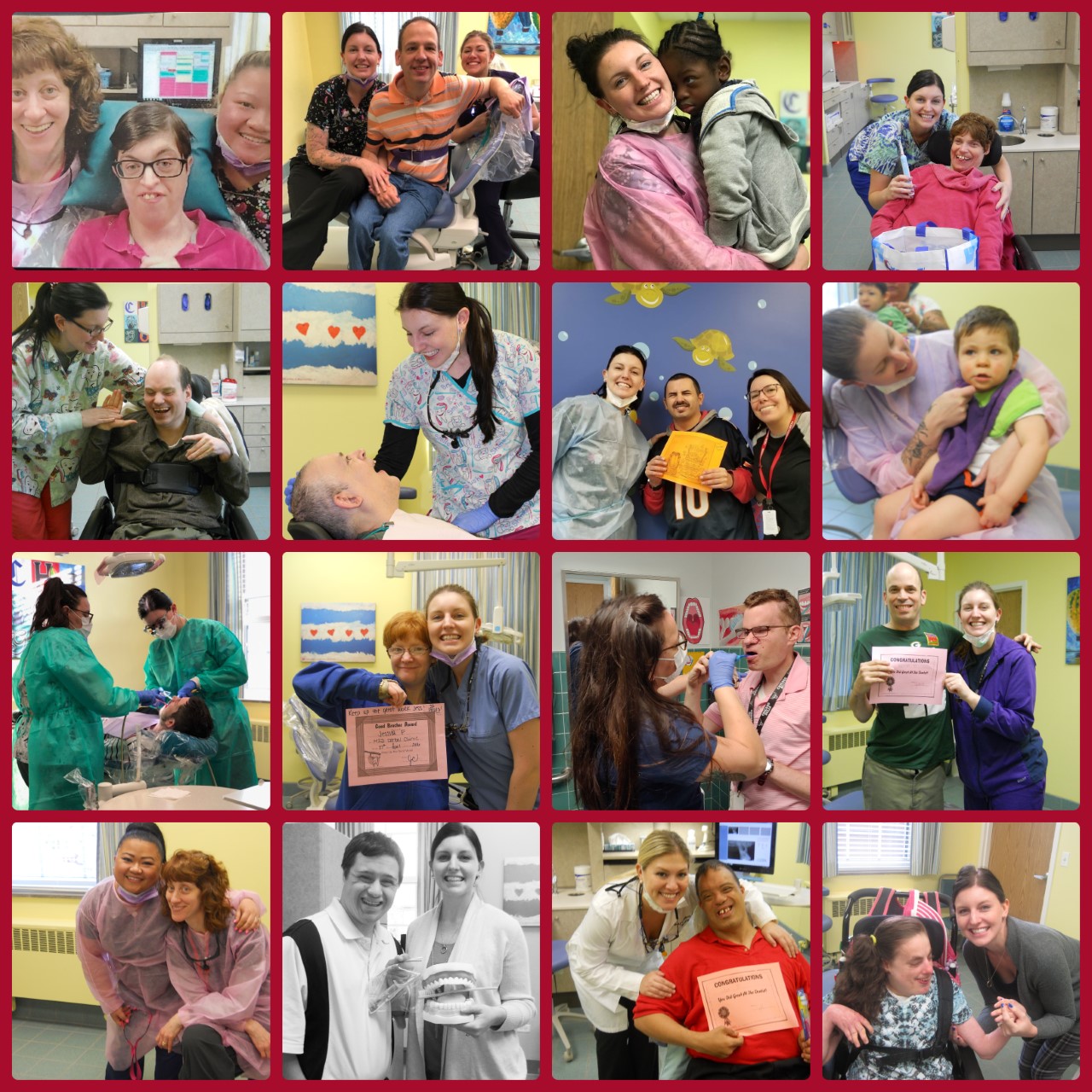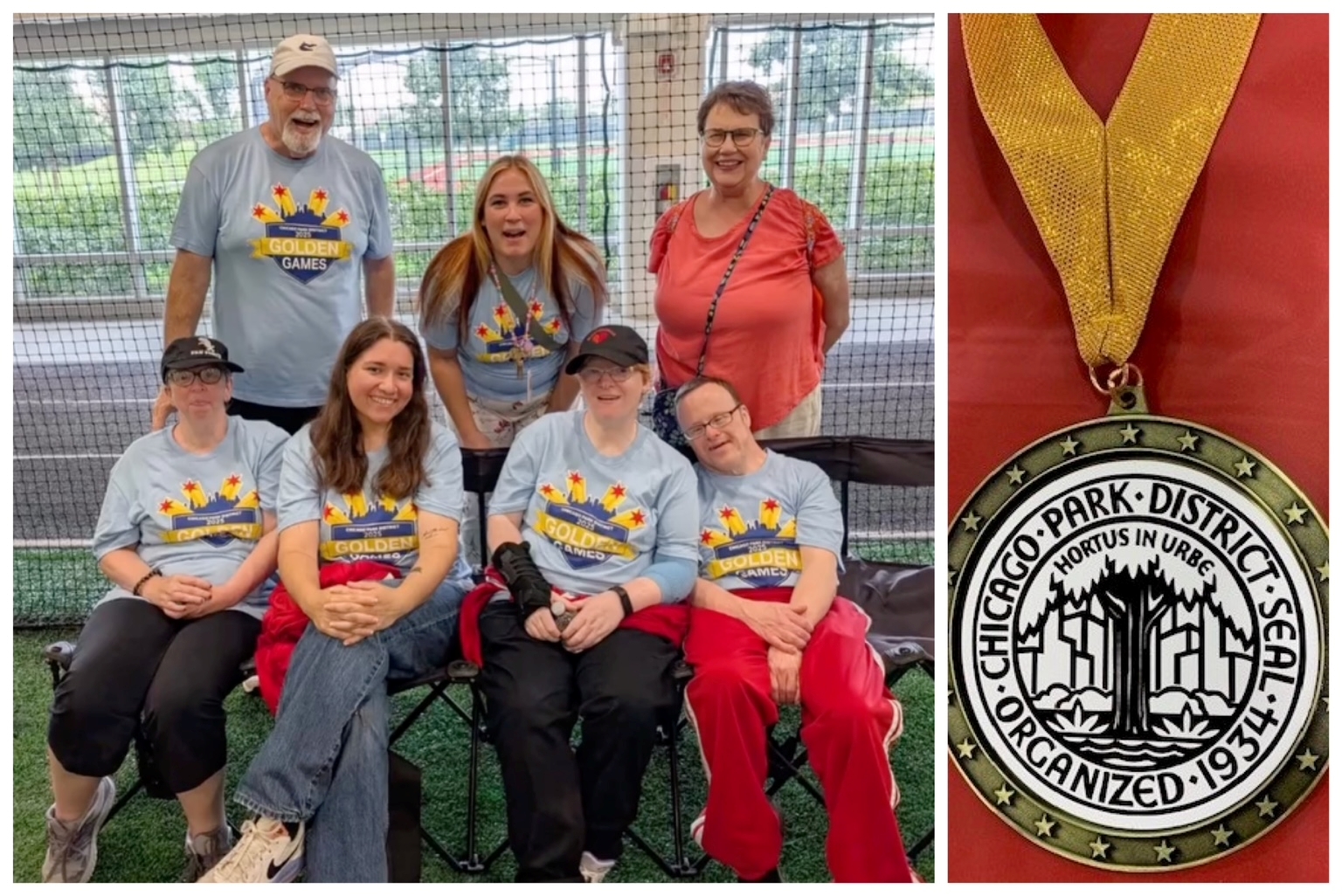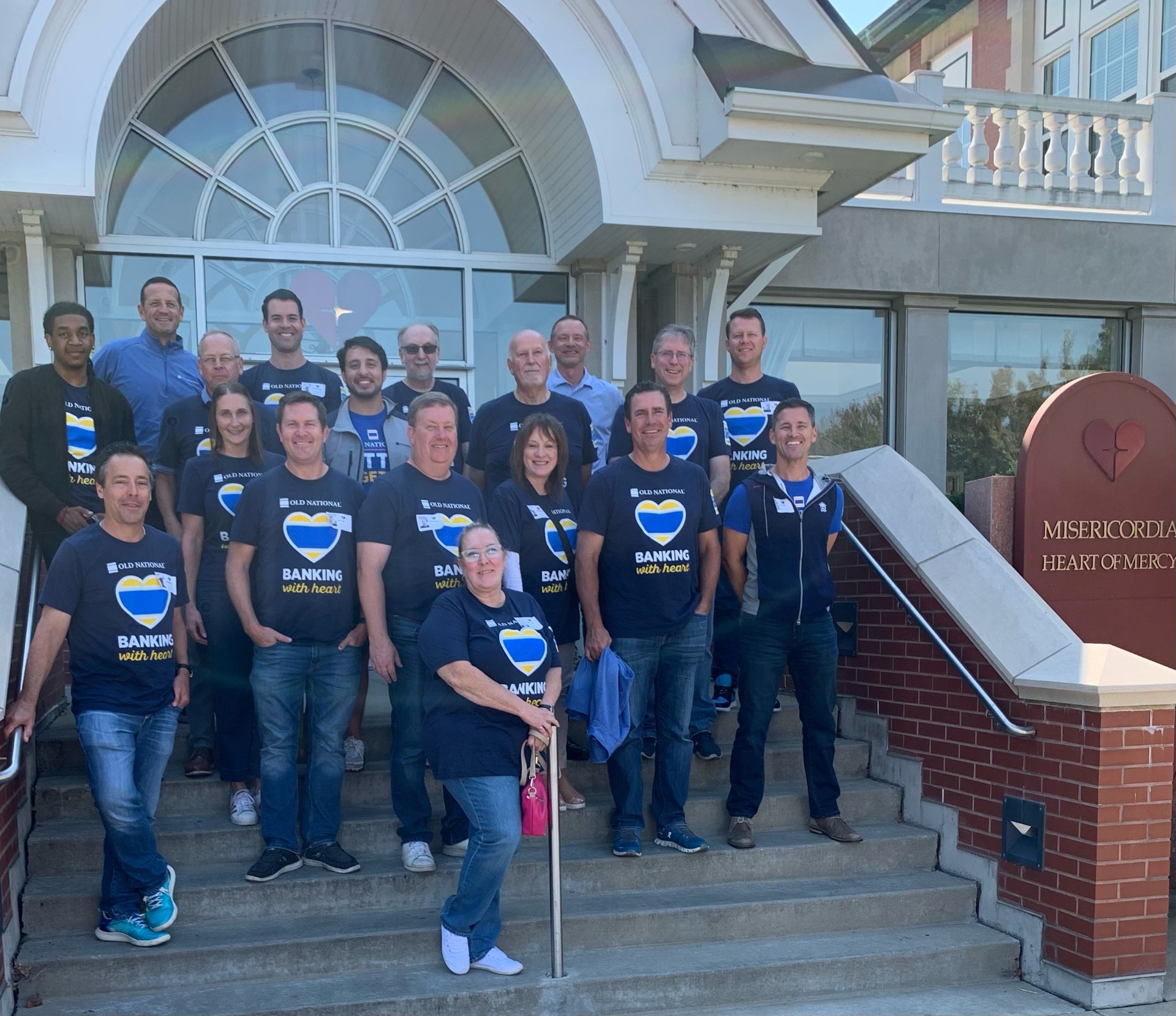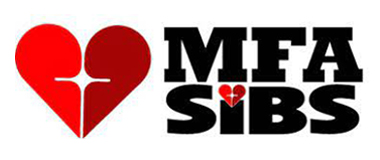A Dream Come True: Donovan Dental Clinic

by Linda Buchalo
This article covers one of the many blessings on the Misericordia campus—the Donovan Dental Clinic. This dream come true is the result of generous donations from Thomas and Vita Donovan and others. With the opening of the clinic in March of 2015, Sr. Rosemary was able to check off another item on her bucket list.
The clinic serves approximately 420 residents and has been a godsend for families who find it difficult to find dental care for their family members. The clinic employs five staff members: two dentists, Dr. Ashley Kauffman and Dr. Daniel Bicknell; two certified dental assistants, Camille Donolko-Sanders and Maggie Farfan, and a licensed and registered dental hygienist, Jena Cahill. Jena also manages the clinic.
Community of Believers: Spirituality

by Linda Buchalo
This is the last in a series of articles that covers the core values of the Misericordia Community of Believers. This article explores the final core value: Spirituality.
A summary of this core value follows: We value our mission entrusted to us by God. We are passionate about the care of our residents, hoping to enrich their lives as witnesses to what loving people can accomplish when they work together for the good. We are grateful for those who support our mission with their hearts and generosity.
The idea of spirituality extends far beyond religion. We respect the faith traditions of all members of the Mis community and feel committed to caring for those who call Misericordia their home. We understand that each person has a special gift:
Misericordia Strikes Gold at The Golden Games

by Linda Buchalo
On August 20th, 26 Misericordia residents attended the Golden Games. This annual event, sponsored by the Chicago Park District and Special Children’s Charities, honors Special Olympics athletes aged 45 and older. The honorees included both active and retired athletes from the various park districts and agencies that are a part of Chicago Special Olympics.
Traveling with the group were 14 Misericordia staff members, including special recreation staff, residential staff, and the nurse from Shannon apartments, who administered medications to the various residents. The group also included five volunteers, including two long-time volunteers from Team Sports and three parent volunteers. I was privileged to attend as my son’s chaperone.
The Importance of Arranging A Misericordia Tour

by Cynthia Maroon
A message from Fr. Jack is always a welcome email, and his most recent one ended with his plea to “please continue to reach out to your Illinois senators/representatives to invite them for a tour”. This was a personal reminder that I had promised to author an article for Mis Biz about the various types of tours and the importance of families arranging them.
Misericordia has now been my son’s “home away from home” for over 41 years, and during that time I have been able to arrange numerous tours. Each time I have personally learned something new and seen exciting changes and improvements at Misericordia. I can’t recommend them enough! Each one is different, depending on the tour leader and the tour group. We are blessed to have so many amazing tour leaders who are all skilled at giving a tour designed to focus on the interests of each touring group. They work closely together, and they decide which leader will be best suited to give each tour.
Community of Believers: Responsibility

by Linda Buchalo
This is the fifth in a series of articles about the Misericordia Community of Believers and focuses on the fourth core value: Responsibility.
The Community of Believers document summarizes this core value as follows: We value self-motivation and the energy it creates for teamwork and quality of care. As an organization, we are responsible to our residents, staff, families, supporters, the community, the nation, and our Catholic traditions.
As members of the Misericordia community, we know and feel the blessings that have been given to us, and we feel an awesome responsibility to show our thanks and to contribute to the mission of Misericordia. From a former orphanage to the beautiful campus that we see today, Misericordia has evolved thanks to the commitment and hard work of many people. Administrators, community leaders, staff, families, and residents have taken ownership and responsibility for growing and maintaining this wonderful place.
Special Olympics State Games

by Barb Quaintance
Picture thirty-two excited Misericordia athletes boarding a bus headed to the Special Olympics state games at Illinois State University. There, they joined almost four thousand athletes from across the state to participate in a variety of summer sports.
Any Misericordia athlete who won a gold medal in the Special Olympics regional games qualified for state. They included residents from the CILAs, Mercy Glen, the Village and Shannon. The Mis’ athletes competed in swimming, track and field, powerlifting and soccer. Many of the athletes had participated in state games before, but some new residents joined in the fun. Athletes could participate in one sport, whether that was part of a team (e.g. relay team, soccer) or in individual skills events (e.g. powerlifting).
Rosemary Park Welcomes Its First Residents

by Barb Quaintance
How fitting that on the day of Sister Rosemary’s wake, the first residents moved into the beautiful Sister Rosemary Park. The lovely residential area, comprised of sixteen homes and a park-like green space, will ultimately become home to 124 residents.
Within Sister Rosemary Park, there are homes for men, women, ambulatory, semi-ambulatory and non-ambulatory residents. Some residents who currently live in other Mis homes will move into Rosemary Park; other residents in each home will be new to the Misericordia community.
Together for Choice: Advocating for the Rights of Individuals with Intellectual and Developmental Disabilities

by Barb Quaintance
Under the leadership of Sister Rosemary Connelly, Scott Mendel and Geana Connelly, Misericordia is a founding member of Together for Choice (TFC), a coalition whose mission is to protect and advance the rights of individuals with intellectual and developmental disabilities (I/DD) to live, work and thrive in a community setting of their choice.
Founded in 2018, TFC’s position is that individuals and their families know best what type of residential and vocational programs and opportunities best meet their needs and preferences. The role of government, state and federal, should be to support all quality residential and vocational options. By doing so, the government treats individuals with disabilities the same as those who do not have disabilities.
Did you know that:
- It is estimated that there are 8.38 million people with I/DD in the United States.
- Nearly 1.3 million adults do not get services through state agencies.
- Among people with I/DD who get long-term supports and services, 61% lived with family members.
Community of Believers: Diversity and Inclusion

by Linda Buchalo
Today’s article focuses on the third Community of Believers core value: Diversity and Inclusion.
We embrace the diversity of the human family respecting the race, religion, color, ability, national origin, gender, and age of each. We strive to be inclusive, seeking to mirror the larger community of which we are a part. This enriches the lives of us all and makes our world a better and a more just and equitable place.
Although placed third, this is the newest core value and reflects Misericordia’s commitment to celebrating our shared humanity. We embrace the diversity of all humanity, and we strive for Misericordia, its staff, residents, and families, to mirror the diversity and inclusion reflected in neighboring communities.
Misericordia Community of Believers: Connection

by Linda Buchalo
Today’s article focuses on the second Community of Believers core value: Connection.
The Community of Believers document summarizes this core value as follows: We value relationships, connecting to our residents and to one another with a caring heart. Our residents are valued for who they are, and we seek to connect to that loving person within them. We connect to our co-workers as well, honoring each other.
The general atmosphere is one of friendliness, and this is evident as you stroll through the campus, take an official tour, or attend one of the many activities taking place. Residents and staff greet each other by name, and it’s amazing to realize that staff from all over the campus are familiar with so many of the residents. Likewise, residents know many of the staff. Indeed, life at Misericordia provides our family members with the connections that most of us take for granted in our own communities. The integrated setting provides this common dimension that is often missing in the lives of people with disabilities.
Page 1 of 7


